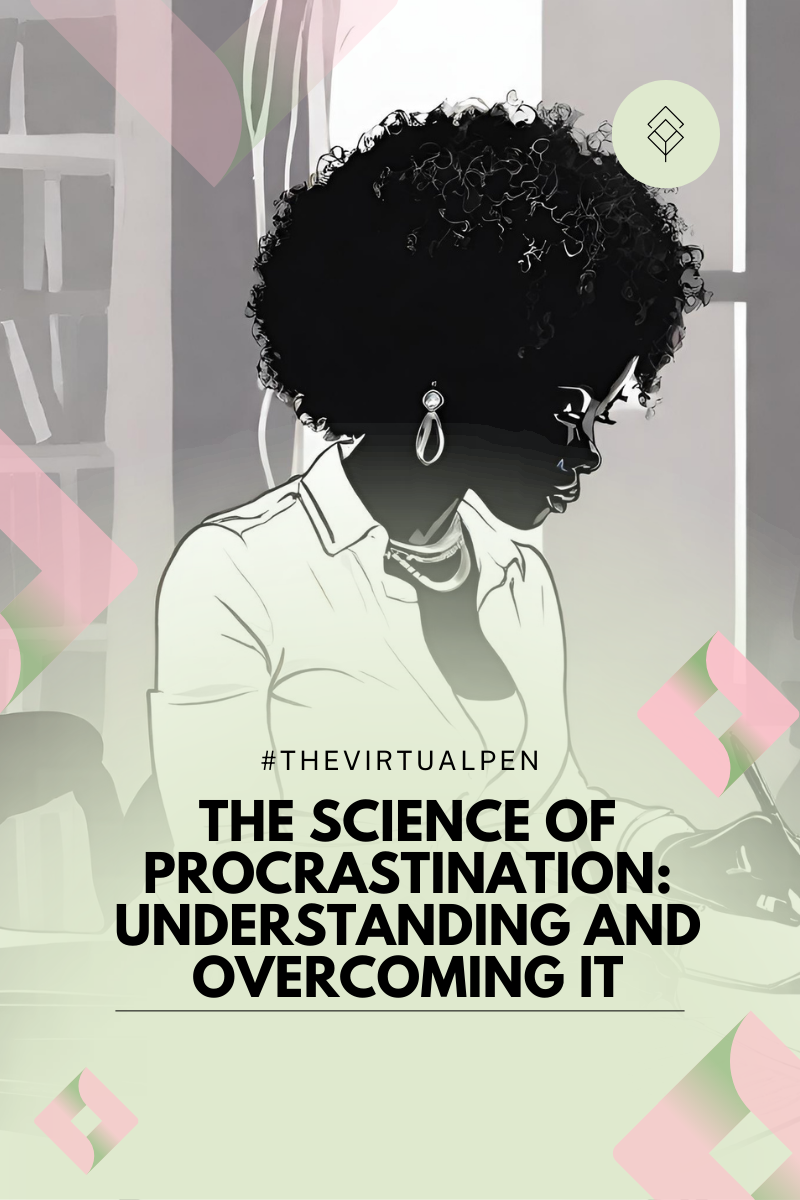Procrastination, the often-irresistible urge to delay tasks, is a common experience for many. But why do we procrastinate, and how can we overcome this habit? This article delves into the science behind procrastination and offers practical strategies for dealing with it effectively. If you love science or the for everything there's a rhyme and reason stick around.
Understanding Procrastination
Procrastination is a complex psychological phenomenon that affects many individuals, regardless of their age, gender, or occupation. It is not merely the result of laziness or poor time management, but rather a complex interplay of various cognitive processes.
One of the primary cognitive processes involved in procrastination is decision-making. When faced with a task, individuals who procrastinate often struggle to make a decision about how to proceed. They may become overwhelmed by the options available to them, or they may fear making the wrong choice.
Another cognitive process involved in procrastination is planning. Individuals who struggle with procrastination often find it challenging to plan and organize their time effectively. They may have difficulty breaking down tasks into smaller, more manageable steps, or they may struggle to prioritize their workload.
Finally, impulse control is another cognitive process that plays a significant role in procrastination. Individuals who procrastinate often struggle to resist the impulse to engage in more enjoyable or distracting activities, such as watching TV or scrolling through social media, instead of focusing on the task at hand.
In conclusion, procrastination is a complex psychological behavior that involves a variety of cognitive processes. By understanding these processes and developing strategies to address them, individuals can overcome procrastination and achieve their goals.
The Role of the Brain
Research suggests that procrastination is linked to the functioning of the prefrontal cortex, the part of the brain responsible for self-regulation and decision-making. When this area is not working optimally, we tend to give in to what feels good in the moment, often at the expense of long-term goals.
Emotional Factors
Procrastination is also deeply intertwined with our emotions. Tasks we find boring, challenging, or anxiety-inducing are often those we put off. The temporary relief we feel when postponing such tasks is a form of negative reinforcement – we’re rewarded by the immediate decrease in stress or discomfort, making the habit harder to break.
Overcoming Procrastination
Breaking free from the cycle of procrastination requires a multifaceted approach. Here are some strategies based on psychological research:
1. Self-Forgiveness
Studies show that forgiving oneself for procrastinating can reduce the tendency to procrastinate on future tasks. This approach helps in reducing the guilt and negative feelings associated with procrastination, making it easier to start the task next time.
2. Time Management Techniques
Effective time management is crucial. Techniques like the Pomodoro Technique, where work is broken into short intervals separated by breaks, can help in maintaining focus and reducing overwhelm.
3. Setting Clear Goals
Vague goals contribute to procrastination. Setting specific, achievable, and measurable goals can increase motivation and clarity, making it easier to start tasks.
4. Managing Emotions
Since procrastination is often driven by emotional reactions to tasks, learning to manage these emotions is key. Mindfulness and stress-reduction techniques can help in dealing with the discomfort associated with challenging tasks.
5. Changing Your Environment
Alter your environment to make distractions less accessible. This could mean turning off notifications on your phone or working in a clutter-free space.
6. Developing Self-Compassion
Be kind to yourself. Recognize that procrastination is a common human behavior and not a reflection of your worth or abilities.
7. Seeking Professional Help
If procrastination is significantly impacting your life, seeking help from a psychologist or counselor can provide tailored strategies to overcome it.
Conclusion
Procrastination is a complex issue that involves a variety of psychological factors. By understanding its roots and applying a combination of emotional management, time management, and self-compassion, it is possible to reduce procrastination and enhance productivity. Remember, overcoming procrastination is a gradual process, and small steps can lead to significant changes over time.



Comments ()